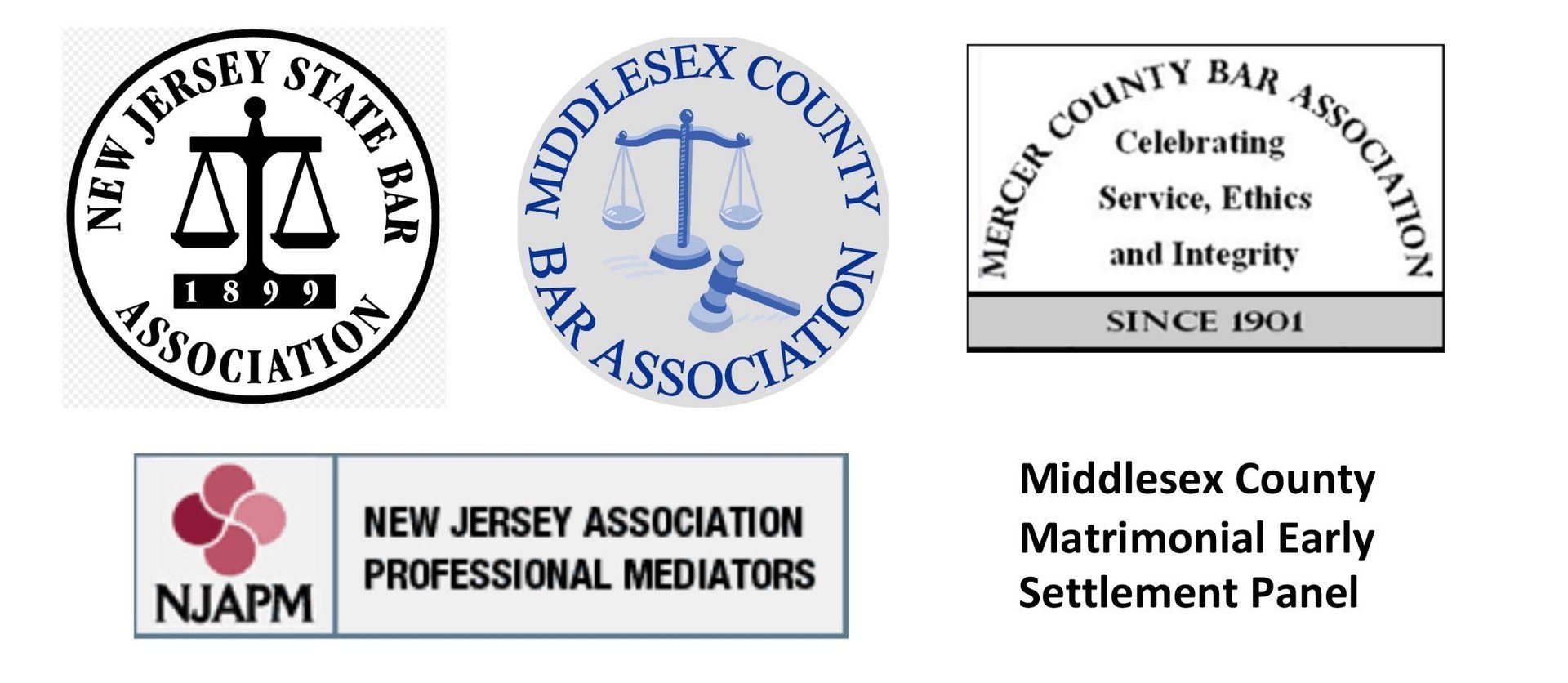Mediating in Light of Bisbing v. Bisbing
New Jersey's New Standard for Parental Relocation

by C. Megan Oltman, Esq.
A couple divorces with the children spending time with both parents. Then, one parent announces that they will be relocating and want to bring the children with them. This will severely limit how often the children will be able to spend time with the other parent. Until recently, New Jersey’s standard for relocation was lenient towards the relocating parent – allowing the relocation of the children as long as there was a good faith reason, and the move was not “inimical to the interests of the children”.
On August 8, 2017, the New Jersey Supreme Court decided Bisbing v. Bisbing, (A-2-16; 077533, 8/8/17), abandoning the standard it set 16 years ago in Baures v. Lewis, 167 N.J. 91 (2001), and deviating significantly from over 30 years of law which started with Cooper v.Cooper, 99 N.J. 42 (1984) and Holder v. Polanski, 111 N.J. 344 (1988).
The Bisbing decision means that where parties share joint legal custody, and a parent wants to relocate the children over the other parent’s objection, the courts will apply a best interest of the child analysis, as they would with any request for a change of custody.
Following their divorce, the Bisbings shared joint legal custody of their children, with the mother as the Parent of Primary Residence and the father as Parent of Alternate Residence. In addition to holiday and vacation time, the father’s parenting schedule incorporated "every other weekend and on one weeknight during the weeks when he does not have parenting time".
The Bisbing appeal arose from a trial court’s post-judgment determination authorizing the mother, Jaime Taormina Bisbing to permanently relocate from New Jersey to Utah due to her remarriage, bringing with her the twin girls born November 2006, notwithstanding the father, Glenn R. Bisbing, III’s, objection to the children’s move.
Historical Perspective
Beginning in 1984, New Jersey ranked as one of the most permissive states for parental relocation. Bisbing brings us back into the mainstream on this issue. In Cooper (1984), and Holder (1988), the New Jersey Supreme Court greatly liberalized the standard for removal, permitting a custodial parent with a “good faith reason” to move with the children as long the move was not inimical to the children’s interests and would not adversely affect the other parent’s visitation.
The Cooper-Holder standard relieved the relocating parent of the burden of proving best interests, and left it to the non-custodial parent to try to prove that the move would actually be harmful to the children.
At that time, a traditional model of a divorced family was common, with the mother designated as the custodial parent, and the children typically spending every other weekend with the father.
In Baures v. Lewis (2001), the Court eased the burden on a custodial parent by creating a two-prong test, first to determine whether the relocating parent was the primary custodial parent. If court determined that they were the custodial parent, then the test was to prove good faith and that the move will not be inimical to the child’s interest. The Court outlined twelve factors to be considered in determining whether the move was in good faith and not harmful to the children. If there was a shared custody setting (no one “custodial parent”) then the court would treat the application as one for a change of custody based on changed circumstances and apply a best interests analysis.
Bisbing eliminates this two-tiered analysis and applies a best interests standard across the board. The Court in Bisbing rejected the discredited social science research, with its emphasis on the importance of the “custodial parent,” that they had relied upon in Baures.
Mediation and Relocation
The world has changed significantly since 1984. Shared parenting is now the norm in divorced families, and the term “custodial parent” is not much in use. The courts are committed to treat mothers and fathers equally, and Bisbing clearly reflects that commitment.
As almost anyone involved with actual custody litigation can attest, custody fights are expensive and time-consuming. One or more psychological experts will be needed to prove best interests.
While
the Bisbing decision should promote fairness between divorcing parents, a
relocation case has just gotten much harder to prove in litigation. In light of
the Bisbing decision, divorce
mediators may want to spend more time with couples in crafting solutions to a potential
parental relocation.
- Reprinted from NJAPM Mediation News, Vol. 22, Issue 1, Fall 2017.
Please contact Oltman Law &
Mediation (609) 924-2044, if we can help you with your family law,
elder, trusts and estates or mediation needs in New Jersey.
Please note that blog posts do not constitute legal advice, but are intended for informational
purposes only. They cannot substitute for an
in-person consultation with a lawyer. Your use of this site does not create an attorney client relationship.










